 Discovered in an 1928 issue of John O’ London’s is an anecdote illustrating the importance of punctuation in a legal document.
Discovered in an 1928 issue of John O’ London’s is an anecdote illustrating the importance of punctuation in a legal document.
‘Solicitors in their private practice have evolved a language of their own, which weird though it may be, is seldom open to the reproach of obscurity. Very wisely they discard punctuations almost completely. They know that the omission or use of a comma in a legal document can be dangerous. A comma once cost the United States Government £400,000. It was nearly fifty years ago that the United States Congress in drafting a Tariff Bill enumerated in one section the articles to be left free of duty. Amongst these were “all foreign fruit-plants “. The copying clerk in his wisdom removed the hyphen and substituted for it a comma, making the clause read “all foreign fruit, plants, etc “. It took a year to rectify the error, and during that period all oranges, bananas, grapes, and other foreign fruits were admitted free of duty with the big loss to the State already mentioned…’
The loss to the Revenue of that hyphen would be the equivalent of around £20 million today. I wonder if the clerk was fired. We at Jot HQ would love to hear of other costly clerical errors.

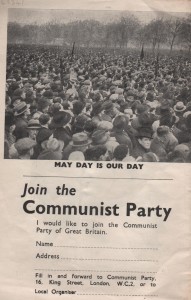
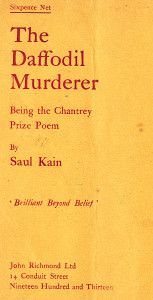 Found – a rather battered copy of Siegfried Sassoon’s early book The Daffodil Murderer (1913) published under the pseudonym ‘Saul Kain.’ In decent condition it has auction records like this from Bloomsbury Book Auctions in April 2009:
Found – a rather battered copy of Siegfried Sassoon’s early book The Daffodil Murderer (1913) published under the pseudonym ‘Saul Kain.’ In decent condition it has auction records like this from Bloomsbury Book Auctions in April 2009: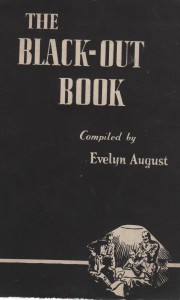
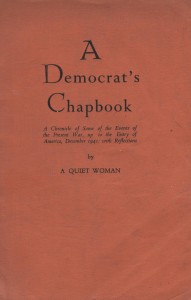
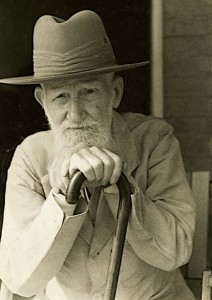
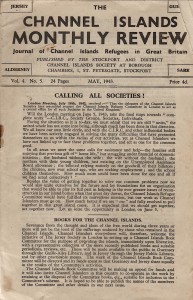
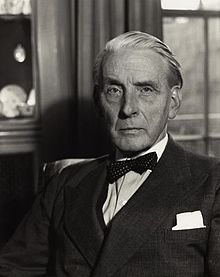

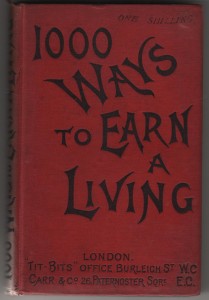
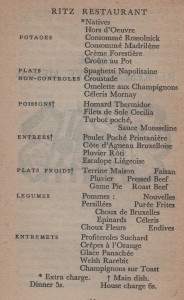
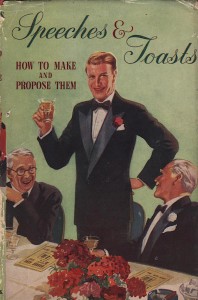
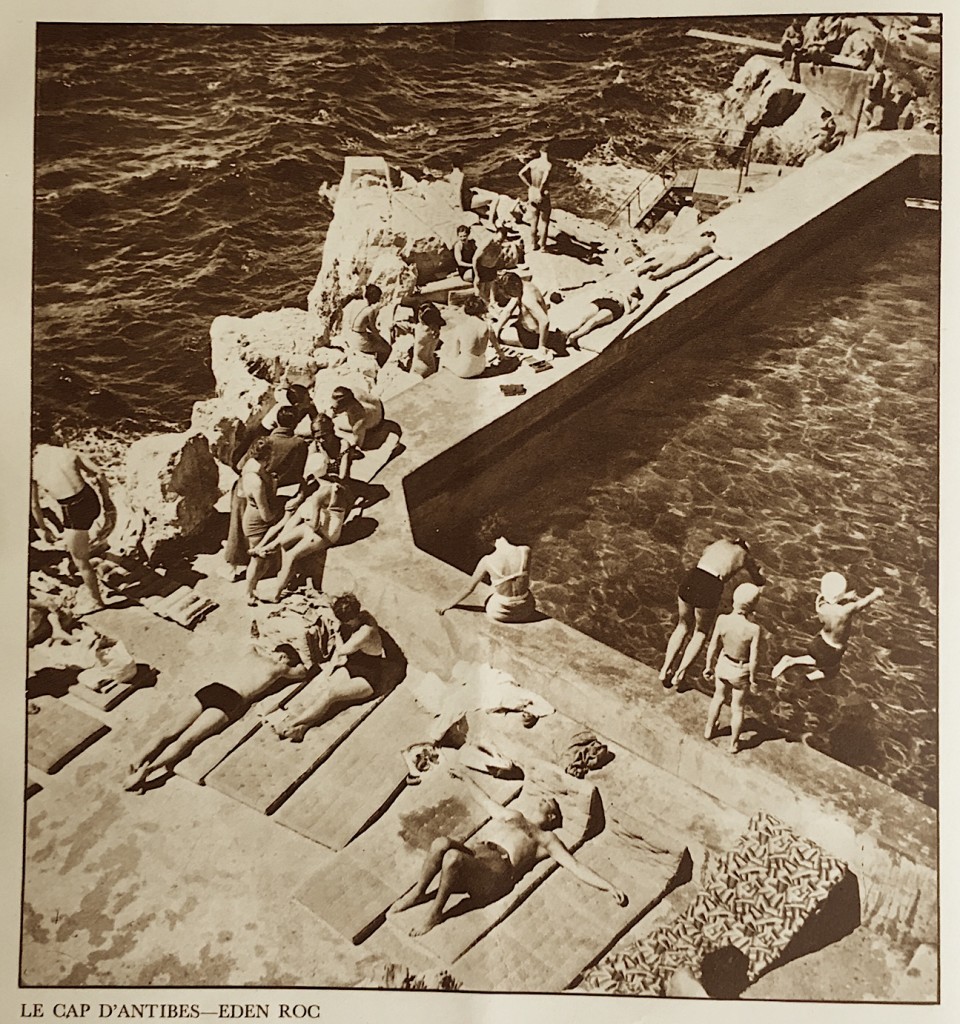
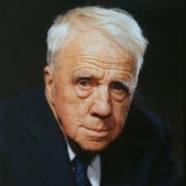
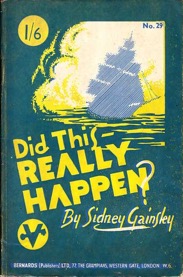 others.
others.
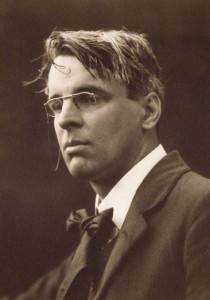
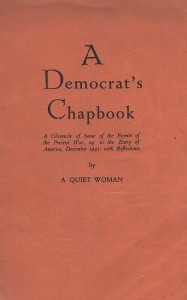 The identity of the ‘ quiet woman‘ who wrote A Democrat’s Chapbook (1942), a hundred page long commentary in free verse on the events of the Second World War up to the time when America joined the Allied forces, was only revealed when Anne Powell included two passages from it in her anthology of female war poetry, Shadows of War (1999 ). However, those who had read her volume of Georgian verse entitled Songs from the Sussex Downs ( 1915), a copy of which was found in the collection of Wilfred Owen, might have recognised the style as that of ‘Peggy Whitehouse’, whose Mary By the Sea also appeared under this name in 1946. All three books were the work of Mrs Frances Mundy –Castle (1875 – 1959).
The identity of the ‘ quiet woman‘ who wrote A Democrat’s Chapbook (1942), a hundred page long commentary in free verse on the events of the Second World War up to the time when America joined the Allied forces, was only revealed when Anne Powell included two passages from it in her anthology of female war poetry, Shadows of War (1999 ). However, those who had read her volume of Georgian verse entitled Songs from the Sussex Downs ( 1915), a copy of which was found in the collection of Wilfred Owen, might have recognised the style as that of ‘Peggy Whitehouse’, whose Mary By the Sea also appeared under this name in 1946. All three books were the work of Mrs Frances Mundy –Castle (1875 – 1959). Some of the other things?
Some of the other things?
